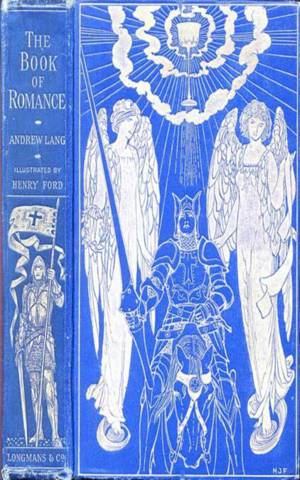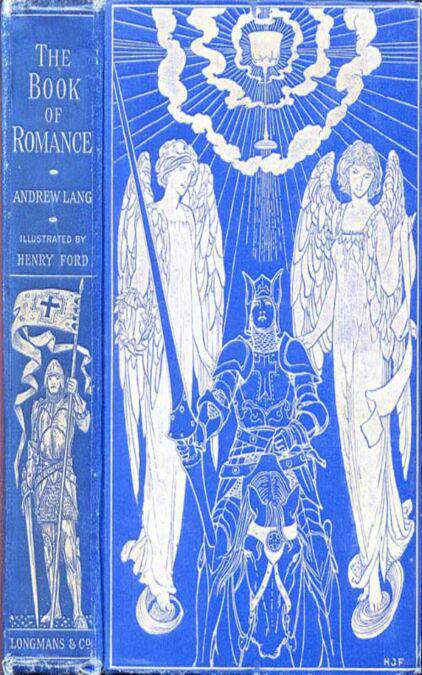
- Afhalen na 1 uur in een winkel met voorraad
- Gratis thuislevering in België vanaf € 30
- Ruim aanbod met 7 miljoen producten
- Afhalen na 1 uur in een winkel met voorraad
- Gratis thuislevering in België vanaf € 30
- Ruim aanbod met 7 miljoen producten
Zoeken
Omschrijving
It is to be supposed that children do not read Prefaces; these are Bluebeard's rooms, which they are not curious to unlock. A few words may therefore be said about the Romances contained in this book. In the editor's opinion, romances are only fairy tales grown up. The whole mass of the plot and incident of romance was invented by nobody knows who, nobody knows when, nobody knows where. Almost every people has the Cinderella story, with all sorts of variations: a boy hero in place of a girl heroine, a beast in place of a fairy godmother, and so on. The Zuñis, an agricultural tribe of New Mexico, have a version in which the moral turns out to be against poor Cinderella, who comes to an ill end. The Red Indians have the tale of Orpheus and Eurydice, told in a very touching shape, but without the music. On the other hand, the negroes in the States have the Orpheus tale, adapted to plantation life, in a form which is certainly borrowed from Europeans. This version was sent to me some years ago, by Mr. Barnet Phillips, Brooklyn, New York, and I give it here for its curiosity. If the proper names, Jim Orpus and Dicey, had not been given, we might not feel absolutely certain that the story was borrowed. It is a good example of adaptation from the heroic age of Greece to the servile age of Africans. All the romances are written by Mrs. Lang, except the story of Grettir the Strong, done by Mr. H. S. C. Everard from the saga translated by Mr. William Morris.
The Drawing of the Sword
The Questing Beast
The Sword Excalibur
The Story of Sir Balin
How the Round Table began
The Passing of Merlin
How Morgan Le Fay tried to kill King Arthur
What Beaumains asked of the King
The Quest of the Holy Graal
The Fight for the Queen
The Fair Maid of Astolat
Lancelot and Guenevere
The End of it All
The Battle of Roncevalles
The Pursuit of Diarmid
Some Adventures of William Short Nose
Wayland the Smith
The Story of Robin Hood
The Story of Grettir the Strong
The Drawing of the Sword
The Questing Beast
The Sword Excalibur
The Story of Sir Balin
How the Round Table began
The Passing of Merlin
How Morgan Le Fay tried to kill King Arthur
What Beaumains asked of the King
The Quest of the Holy Graal
The Fight for the Queen
The Fair Maid of Astolat
Lancelot and Guenevere
The End of it All
The Battle of Roncevalles
The Pursuit of Diarmid
Some Adventures of William Short Nose
Wayland the Smith
The Story of Robin Hood
The Story of Grettir the Strong
Specificaties
Betrokkenen
- Auteur(s):
- Uitgeverij:
Inhoud
- Aantal bladzijden:
- 500
- Taal:
- Engels
Eigenschappen
- Productcode (EAN):
- 9783736407466
- Verschijningsdatum:
- 4/08/2016
- Uitvoering:
- E-book
- Beveiligd met:
- Digital watermarking
- Formaat:
- ePub

Alleen bij Standaard Boekhandel
Beoordelingen
We publiceren alleen reviews die voldoen aan de voorwaarden voor reviews. Bekijk onze voorwaarden voor reviews.








